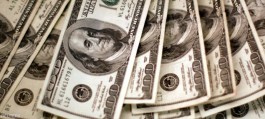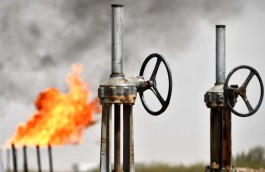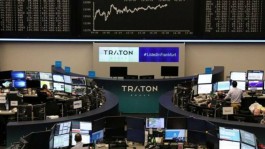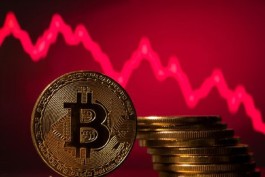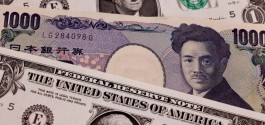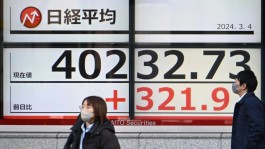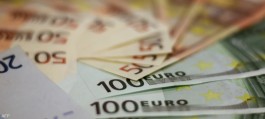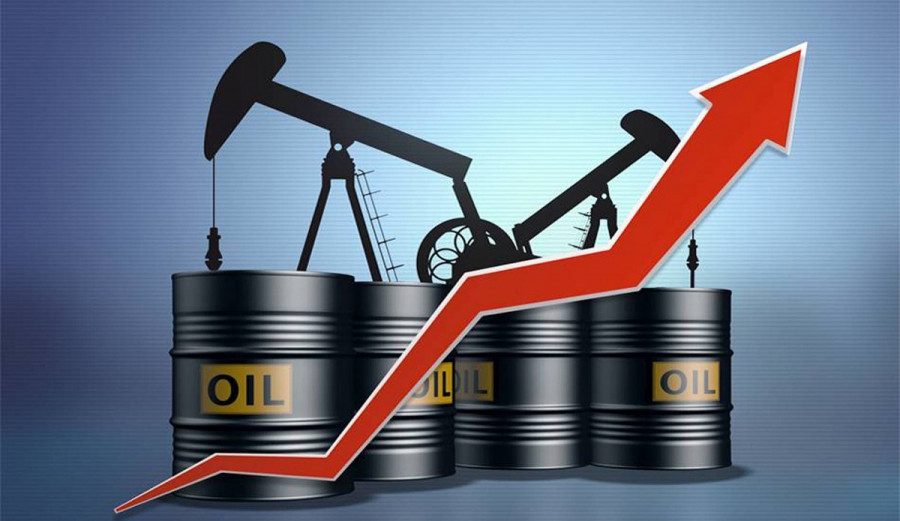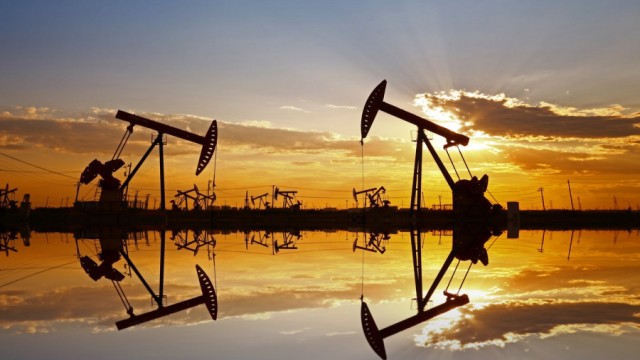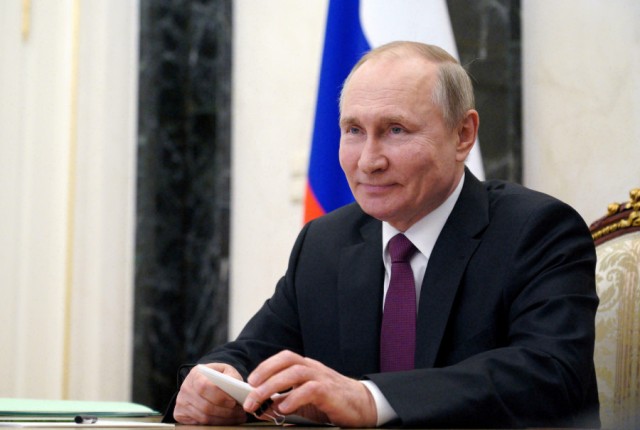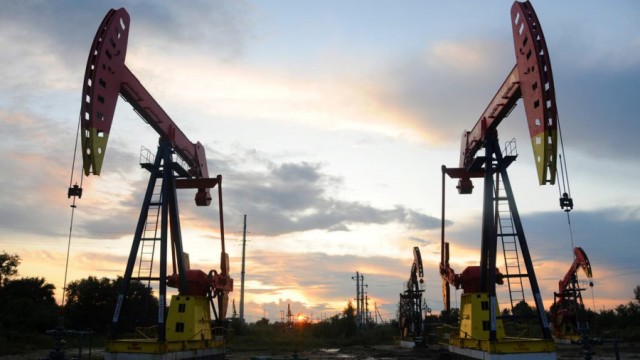Oil prices rose above $86 a barrel today, with Brent crude rising 1%, after seven consecutive weekly gains, while US West Texas Intermediate crude rose above 84 dollars, the highest level since 2014.
According to Arabia Net, this rise comes after Saudi Arabia said that the OPEC+ alliance must maintain its cautious approach to managing global crude supplies, given the threat that does not The epidemic continues to be represented on demand.
Saudi Energy Minister Prince Abdulaziz bin Salman told Bloomberg TV over the weekend that producers should not take price hikes for granted. This conservative position was echoed by Nigeria and Azerbaijan.
Oil prices have more than doubled over the past 12 months, raising inflation fears, as the global economy bounced back from the turmoil caused by the coronavirus pandemic. While consumption has risen, the Organization of the Petroleum Exporting Countries and its allies (OPEC+) have been constrained in easing strict supply cuts imposed in 2020 to save prices. This led to Brent crude rising to the highest level since 2018 as inventories fell.
Crude oil's gains were supported by a strong rise in natural gas prices, which boosted demand for petroleum products as an alternative. And while the Saudi energy minister said consumption could increase by 500,000-600,000 barrels per day if the northern hemisphere winter was colder than usual, and companies switched from gas to crude, he also warned that more barrels from OPEC+ wouldn't do much. To reduce gas costs in Europe and Asia or gasoline in the United States.
In a sign that the epidemic is not over yet, China is dealing with a renewed wave of spread caused by the delta variable from abroad. A wave of infections spread to 11 Chinese provinces in the week that began on October 17.
At the moment, OPEC+ is raising daily production by 400,000 barrels per month, and is resisting pressure to do more. Tensions were exacerbated by the failure of some members to reach their quotas. The coalition will meet on November 4th.


















